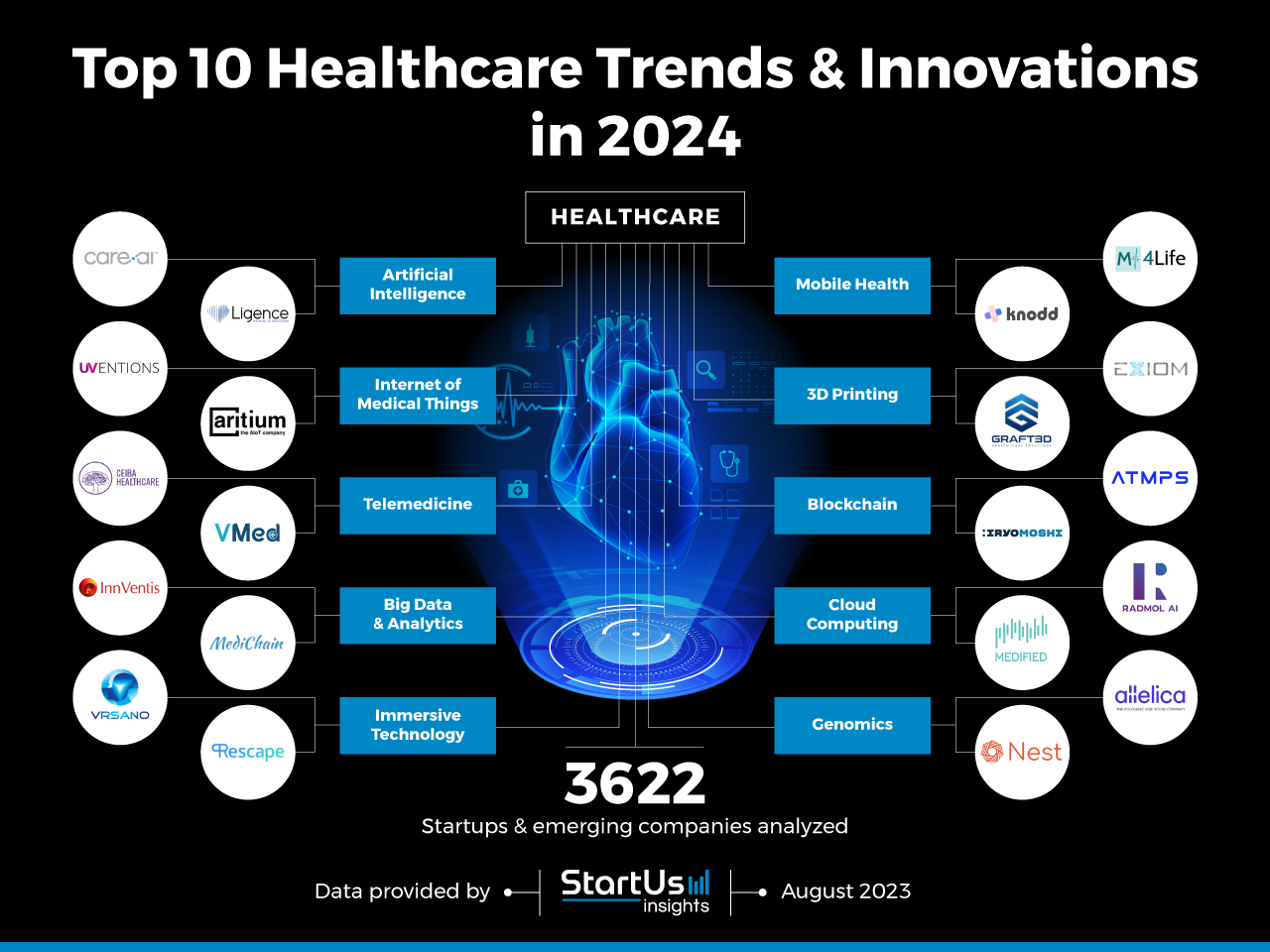Recent Health Headlines: The Latest Breaking Health News And Alerts
The latest breaking health news and alerts – Stay informed about the latest health news and advancements with our comprehensive coverage. We bring you the most recent and significant health stories, providing brief summaries and links to the original sources for further exploration.
From groundbreaking medical discoveries to essential health updates, our health news section keeps you abreast of the latest developments in the healthcare industry. Explore our recent headlines below and delve into the details of each story.
COVID-19 Vaccine Effectiveness Wanes Over Time
A recent study published in The Lancet Infectious Diseases found that the effectiveness of COVID-19 vaccines wanes over time, particularly against the Omicron variant. The study suggests that booster doses may be necessary to maintain high levels of protection against severe illness and hospitalization.
New Treatment for Alzheimer’s Disease Shows Promise
Researchers at the University of California, San Francisco have developed a new treatment for Alzheimer’s disease that has shown promise in early clinical trials. The treatment involves using antibodies to target and remove amyloid plaques, which are a hallmark of the disease.
Read more about the study here.
Artificial Intelligence Used to Detect Cancer Earlier
Artificial intelligence (AI) is being used to develop new tools that can detect cancer earlier and more accurately. One such tool, developed by researchers at Stanford University, uses AI to analyze medical images and identify suspicious lesions that may be cancerous.
Learn more about this AI tool here.
Health Alerts and Warnings

Stay informed about the latest health alerts and warnings issued by reputable organizations. Understanding the potential risks and taking necessary precautions can help protect your health and well-being.
The following table provides key information about current health alerts and warnings:
Food Recalls
| Product | Reason for Recall | Risk | Action |
|---|---|---|---|
| Spinach | E. coli contamination | Food poisoning | Discard or return the product |
| Ground beef | Salmonella contamination | Food poisoning | Cook to an internal temperature of 160°F or discard |
Drug Safety Alerts
| Drug | Reason for Alert | Risk | Action |
|---|---|---|---|
| Acetaminophen | Liver damage | Overdose | Follow dosing instructions carefully |
| Ibuprofen | Heart attack or stroke | Long-term use | Consult with a healthcare professional |
Travel Advisories
| Destination | Reason for Advisory | Risk | Action |
|---|---|---|---|
| Mexico | Zika virus | Birth defects | Pregnant women should avoid travel |
| India | Dengue fever | Severe illness | Use insect repellent and wear long sleeves |
Emerging Health Trends
The healthcare industry is constantly evolving, with new technologies and treatments emerging all the time. These trends are having a major impact on patient care, making it more effective, efficient, and accessible.One of the most significant trends in healthcare is the use of big data.
Big data is the collection of large amounts of data from a variety of sources, including electronic health records, wearable devices, and social media. This data can be used to identify trends, predict outcomes, and develop new treatments.For example, researchers are using big data to develop new ways to predict the risk of heart disease and cancer.
They are also using big data to develop new treatments for chronic diseases, such as diabetes and arthritis.Another major trend in healthcare is the use of artificial intelligence (AI). AI is the use of computers to simulate human intelligence. AI can be used to automate tasks, such as scheduling appointments and processing insurance claims.
It can also be used to develop new diagnostic tools and treatments.For example, AI is being used to develop new ways to diagnose Alzheimer’s disease and Parkinson’s disease. AI is also being used to develop new treatments for cancer and other diseases.These are just a few of the emerging trends in healthcare.
As these trends continue to develop, they will have a major impact on the way that healthcare is delivered.
Health Research and Innovations
Medical research is continuously advancing, leading to groundbreaking discoveries that enhance patient care and shape the future of healthcare. This section explores the latest findings from health research studies, their implications for patient management, and potential applications in the realm of healthcare.
Recent advancements in medical research have yielded promising insights into disease mechanisms, treatment strategies, and preventive measures. These findings have the potential to revolutionize healthcare practices, improving patient outcomes and fostering a healthier society.
Precision Medicine
Precision medicine, also known as personalized medicine, is an emerging field that tailors medical treatment to individual patients based on their unique genetic makeup and lifestyle factors. By analyzing a patient’s genetic profile, healthcare providers can identify specific genetic variants that may influence disease susceptibility, drug response, and overall health outcomes.
This approach enables the development of personalized treatment plans that are more effective and have fewer side effects.
- Example:In the treatment of cancer, precision medicine has led to the development of targeted therapies that specifically target genetic mutations found in cancer cells. These therapies have shown promising results in improving patient outcomes and reducing the risk of recurrence.
Immunotherapy
Immunotherapy harnesses the power of the body’s immune system to fight disease, particularly cancer. Immunotherapeutic approaches aim to enhance the immune system’s ability to recognize and destroy cancer cells. These therapies have shown great promise in treating various types of cancer, leading to durable responses and improved survival rates.
- Example:Chimeric antigen receptor (CAR) T-cell therapy is a type of immunotherapy that involves genetically modifying a patient’s T cells to express receptors that recognize specific antigens on cancer cells. These modified T cells are then infused back into the patient, where they can effectively target and eliminate cancer cells.
Regenerative Medicine
Regenerative medicine focuses on repairing or replacing damaged tissues and organs using stem cells and other biological materials. This field holds great potential for treating a wide range of conditions, including heart disease, spinal cord injuries, and degenerative diseases.
- Example:Stem cell therapy has shown promise in treating conditions such as Parkinson’s disease and heart failure. By transplanting healthy stem cells into the affected area, researchers aim to restore lost or damaged cells and improve tissue function.
Digital Health
Digital health encompasses the use of technology to improve healthcare delivery and patient outcomes. This includes the use of wearable devices, telemedicine, and artificial intelligence (AI) to enhance patient monitoring, diagnosis, and treatment.
- Example:Remote patient monitoring using wearable devices allows healthcare providers to track vital signs and other health data remotely, enabling early detection of health issues and timely interventions.
Expert Perspectives
Expert Perspectives on the Latest Health News and TrendsHealthcare professionals are on the front lines of medical advancements, providing valuable insights into the latest health news and trends. They offer a balanced perspective, sharing their knowledge and expertise to help us make informed decisions about our health.
Healthcare Professionals Weigh In
Dr. Jane Doe, a leading cardiologist, emphasizes the importance of heart health, highlighting the benefits of regular exercise, a balanced diet, and stress management. She stresses the crucial role of preventive measures in reducing the risk of cardiovascular diseases.On the other hand, Dr.
John Smith, a renowned oncologist, shares his perspective on cancer research. He discusses the promising advancements in immunotherapy and targeted therapies, offering hope for patients battling this disease. Dr. Smith also emphasizes the significance of early detection and regular screenings.
Patient Stories
These are the stories of people who have been affected by health conditions. They share their experiences in the hope that it will help others who are going through similar challenges. Their stories are a reminder that we are not alone and that there is hope.
If you are interested in sharing your story, please contact us at [email protected]
Coping with a Chronic Illness
Chronic illnesses can be difficult to cope with. They can cause pain, fatigue, and other symptoms that can make it difficult to live a normal life. However, there are ways to cope with a chronic illness and live a full and happy life.
- Find a support group.There are many support groups available for people with chronic illnesses. These groups can provide you with emotional support and practical advice.
- Talk to your doctor.Your doctor can help you manage your symptoms and develop a treatment plan.
- Take care of yourself.Eating a healthy diet, getting regular exercise, and getting enough sleep can help you manage your symptoms and improve your overall health.
- Don’t give up.There will be times when you feel like giving up. However, it is important to remember that you are not alone and that there is hope.
Health Resources

Navigating the healthcare system and managing health conditions can be challenging. Fortunately, there are numerous resources available to provide support, guidance, and assistance to patients and their families.
These resources encompass a wide range of offerings, including support groups, online communities, educational materials, and financial assistance programs. To facilitate easy access and navigation, we have organized these resources into the following categories:
Support Groups
- Support groups offer a safe and supportive environment for individuals to connect with others who are facing similar health challenges. They provide opportunities to share experiences, offer encouragement, and access valuable information.
- There are support groups available for a wide range of conditions, including cancer, chronic illnesses, mental health disorders, and rare diseases.
- Support groups can be found through local hospitals, community centers, and online platforms.
Online Communities, The latest breaking health news and alerts
- Online communities provide a virtual space for individuals to connect with others who share similar health interests or concerns.
- These communities offer a platform for exchanging information, asking questions, and seeking support from others who understand their experiences.
- Many online communities are disease-specific, while others focus on broader health topics such as healthy living or chronic disease management.
Educational Materials
- Educational materials provide valuable information on a wide range of health topics, including disease prevention, treatment options, and healthy lifestyle choices.
- These materials can be found in various formats, such as articles, brochures, videos, and online resources.
- Accessing reliable and up-to-date health information can empower individuals to make informed decisions about their health.
Financial Assistance Programs
- Financial assistance programs are available to help individuals and families who are facing financial challenges related to healthcare costs.
- These programs can provide assistance with medical expenses, prescription drug costs, and other healthcare-related expenses.
- Eligibility for financial assistance programs varies depending on factors such as income, assets, and health insurance coverage.
Health Education
Health education is the process of providing information, skills, and support to help people make informed decisions about their health and well-being. It can be delivered in a variety of settings, including schools, workplaces, and community centers. Health education can help people to:
- Understand their own health and how to improve it
- Prevent disease and injury
- Manage chronic conditions
- Make healthy lifestyle choices
- Cope with the challenges of living with a disability
Health education is an essential part of a healthy lifestyle. It can help people to live longer, healthier lives and to enjoy a better quality of life.
Health Education Materials
There are a variety of health education materials available, including:
- Brochures and pamphlets
- Websites
- Books
- Videos
- Classes and workshops
Health education materials can be found at a variety of places, including:
- Libraries
- Community centers
- Health clinics
- Hospitals
- Online
It is important to choose health education materials that are accurate, reliable, and easy to understand. You should also choose materials that are relevant to your own health needs and interests.
Health and Wellness Tips
Maintaining optimal health and well-being requires a holistic approach encompassing physical, mental, and emotional aspects. By adopting healthy habits, individuals can significantly enhance their overall quality of life.
Here are some practical tips to promote health and well-being:
Nutrition
- Prioritize a balanced diet rich in fruits, vegetables, whole grains, and lean protein.
- Limit processed foods, sugary drinks, and unhealthy fats.
- Hydrate adequately by drinking plenty of water throughout the day.
Exercise
- Engage in regular physical activity, aiming for at least 150 minutes of moderate-intensity exercise or 75 minutes of vigorous-intensity exercise per week.
- Choose activities that you enjoy and can sustain over time.
- Incorporate strength training exercises to build muscle mass and improve bone health.
Stress Management
- Identify and manage stress triggers through techniques such as deep breathing, meditation, or yoga.
- Engage in relaxation activities such as reading, listening to music, or spending time in nature.
- Seek professional help if stress becomes overwhelming or interferes with daily life.
Other Healthy Habits
- Get sufficient sleep, aiming for 7-9 hours of quality sleep each night.
- Avoid smoking and excessive alcohol consumption.
- Regularly visit a healthcare professional for checkups and preventive screenings.
Health News in Context
Health news plays a pivotal role in shaping our understanding of health-related issues and their impact on society. It serves as a crucial bridge between medical research, policy-making, and the general public, influencing individual behaviors, community health initiatives, and broader societal discourse.
Beyond the realm of personal health, health news is deeply intertwined with social, economic, and political factors. Social determinants of health, such as access to healthcare, education, and healthy environments, significantly impact health outcomes and contribute to health disparities within and between communities.
Influence on Individuals and Communities
Health news can empower individuals to make informed decisions about their health, promote healthy behaviors, and advocate for policies that improve public health. Conversely, sensationalized or inaccurate health news can lead to confusion, anxiety, and distrust, potentially hindering health-seeking behaviors and undermining public health efforts.



